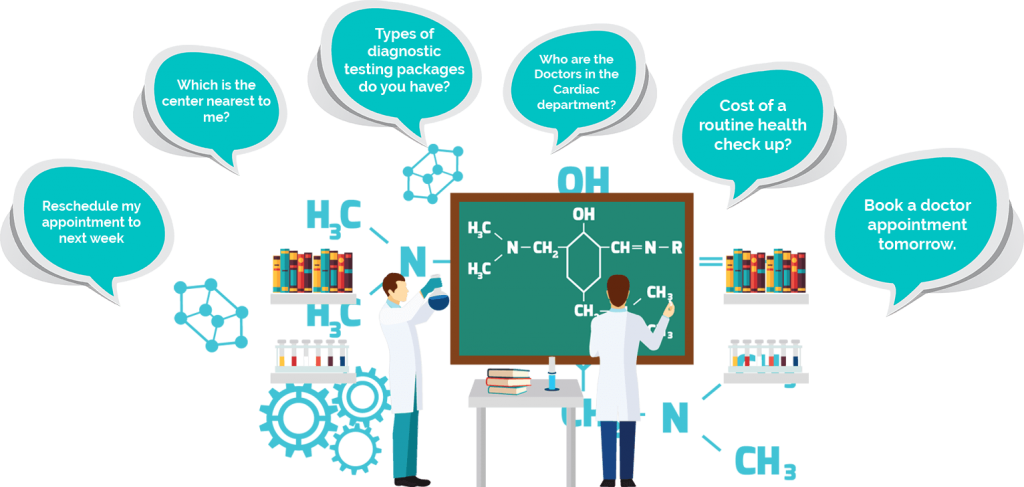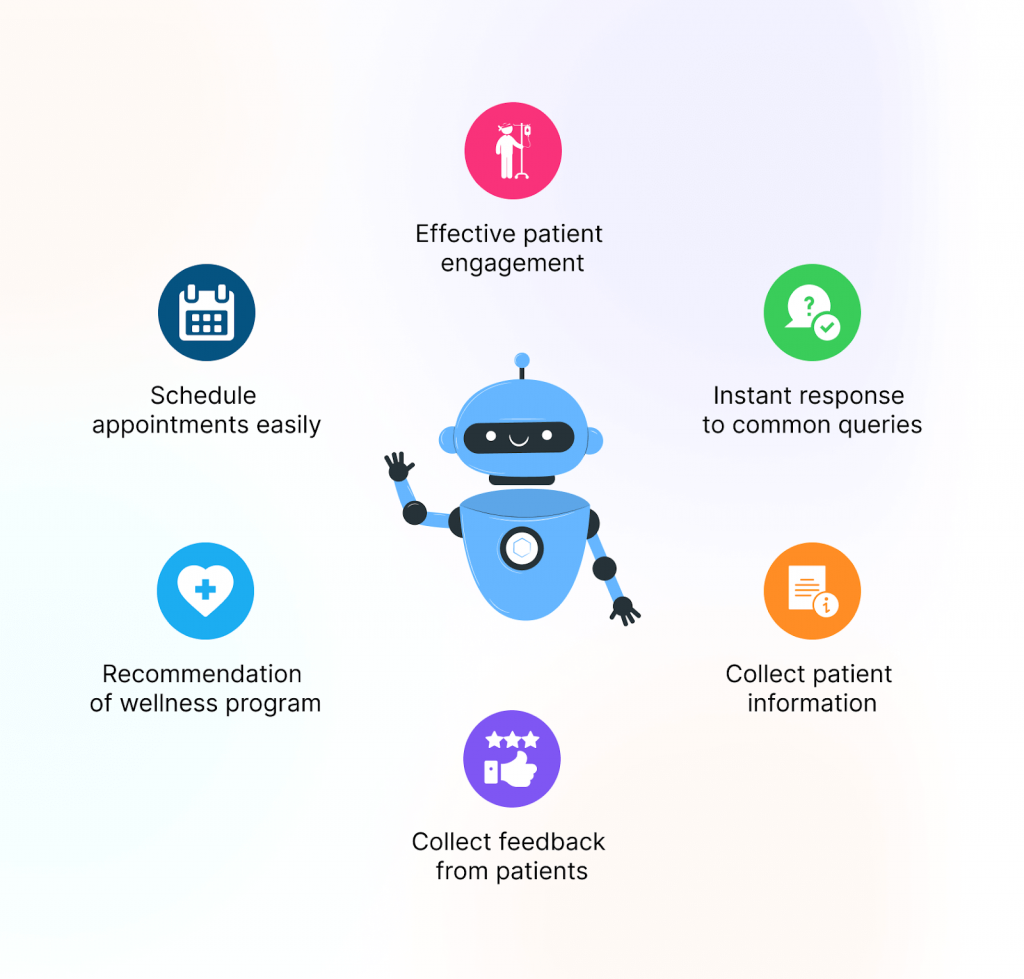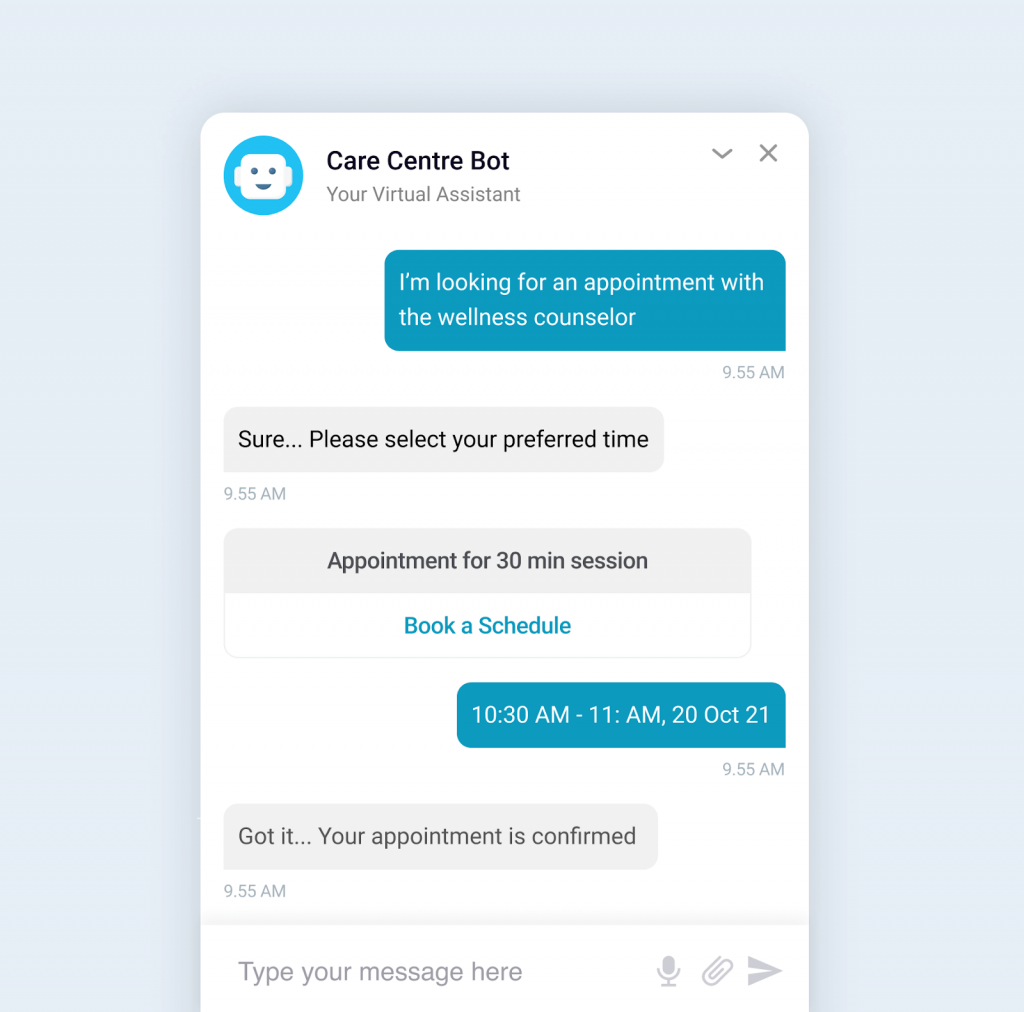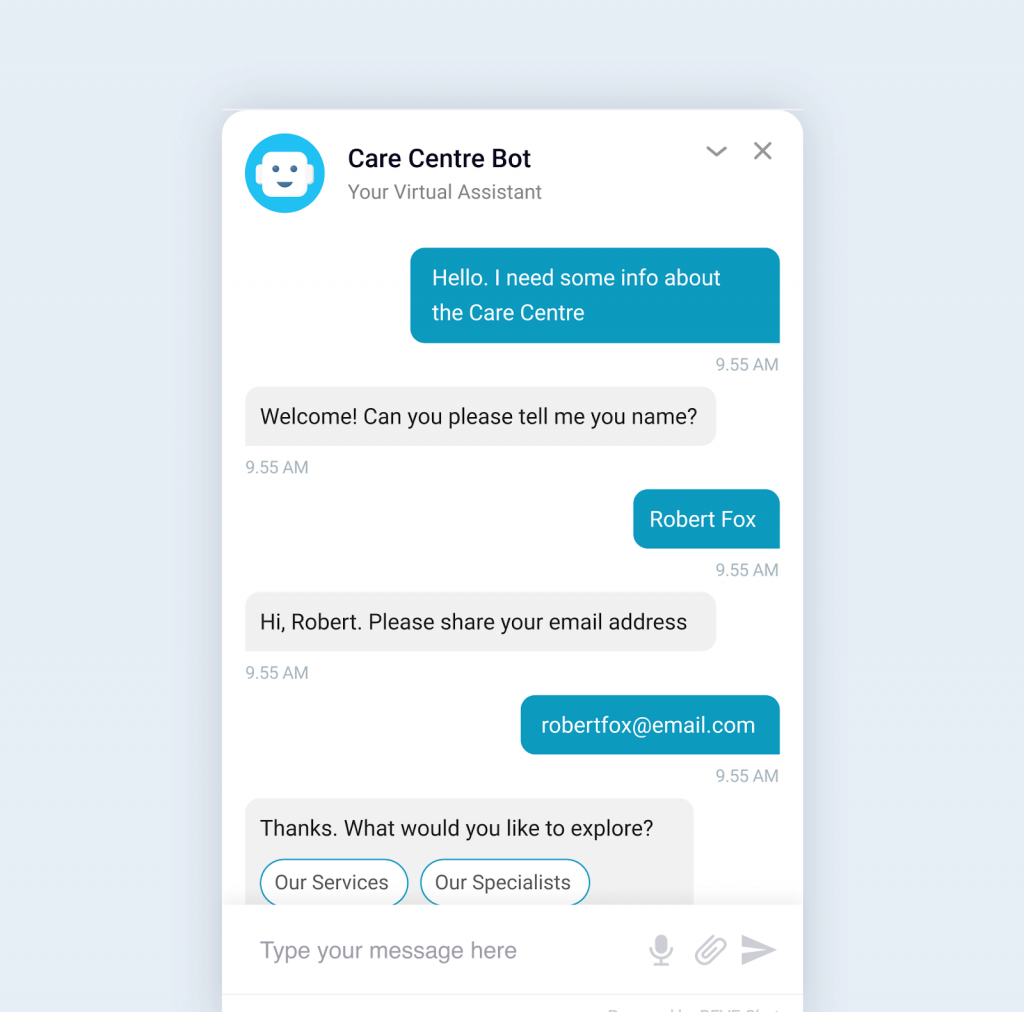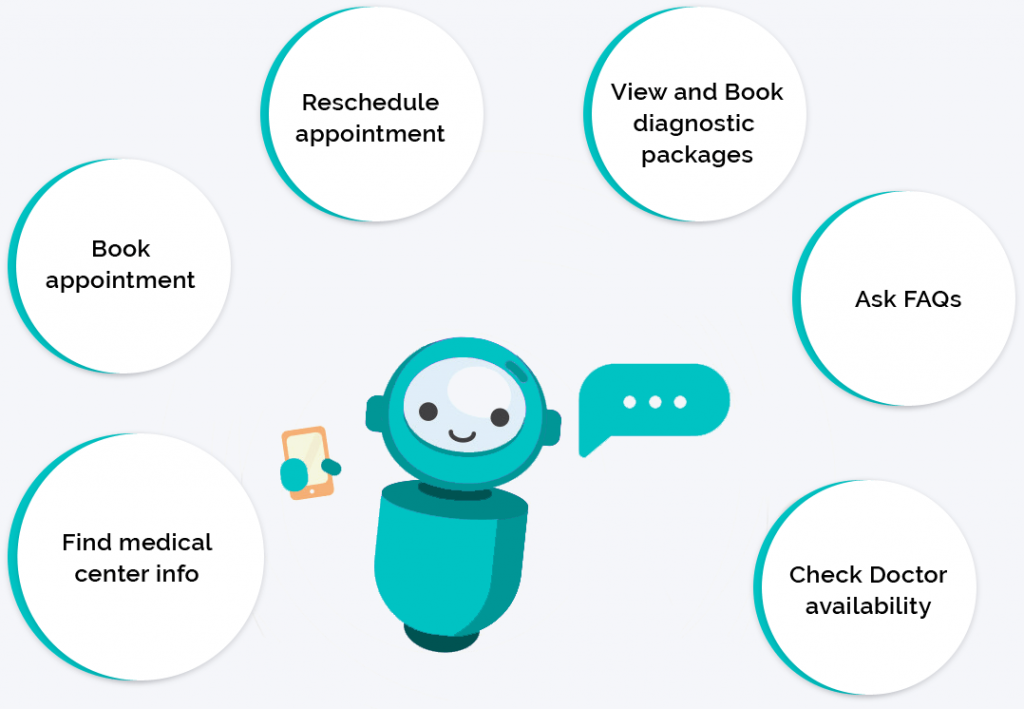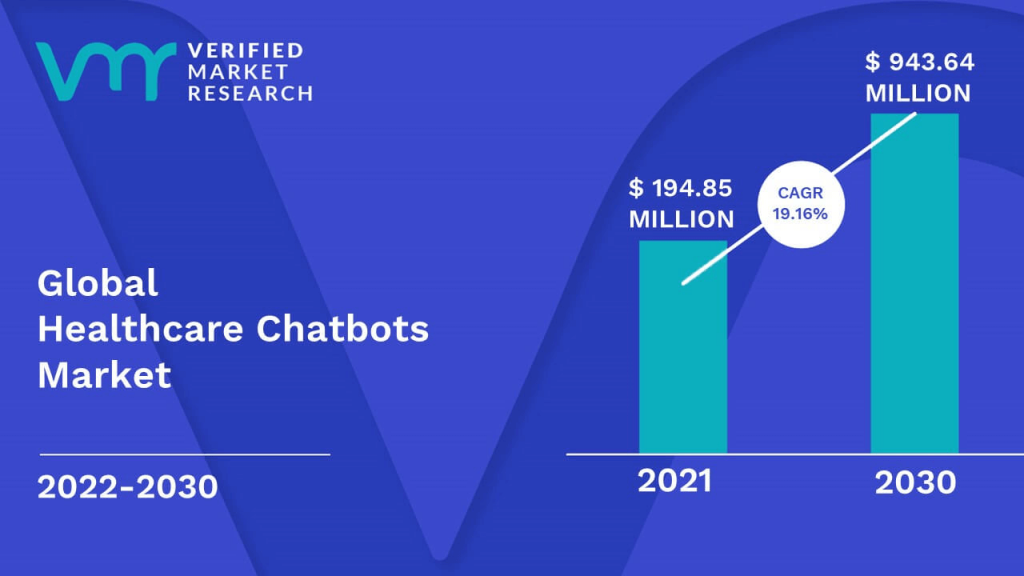- What is AI for chatbots?
AI for chatbots refers to the use of artificial intelligence (AI) technologies to enhance the capabilities of chatbots. AI-powered chatbots are designed to interact with users in a human-like manner, using natural language processing (NLP) and machine learning (ML) algorithms to understand user intent and provide relevant responses.
By leveraging AI technologies, chatbots can perform a variety of tasks, from answering basic questions to providing personalized recommendations based on user preferences and behavior. They can also improve over time as they learn from user interactions, leading to more accurate and efficient conversations.
- How Do Chatbots Help In Healthcare?
Chatbots are transforming healthcare by providing 24/7 accessibility to medical information and support. With chatbots, patients can easily access information about their health conditions, medications, and treatment options in a conversational manner. This can help reduce the burden on medical staff and free up their time to focus on more complex tasks. Chatbots can also provide better patient engagement by offering personalized care and reminders, leading to improved patient outcomes. In addition, chatbots can help healthcare providers collect patient feedback, monitor patient progress, and analyze patient data for better diagnosis and treatment planning. With the power of AI and chatbots, the future of healthcare is brighter than ever.
- Which function can chatbots perform in healthcare?
- Symptom Checker: Patients can input their symptoms into the chatbot, and the chatbot will provide a list of possible conditions and treatment options.
- Appointment Scheduling: Patients can input their preferred dates and times, and the chatbot will provide available options.
- Medication Reminders: Patients can input their medication schedule into the chatbot, and the chatbot will send reminders when it's time to take the medication.
- Health Monitoring: Chatbots can track patients' health metrics, such as heart rate and blood pressure, and provide recommendations for managing chronic conditions.
- Health Education: Chatbots can provide patients with information on a variety of health topics, such as nutrition, exercise, and disease prevention, and even chatbots for health insurance.
- AI SOLUTIONS
- Services
DevOps as a ServiceDevOps on autopilot
CTO as a ServiceStregthen your team
Software testingEnsure software quality
Discovery phasePlan your priduct from a to z
Cloud ServicesGeneral information about healthcare cloud services
Google Cloud ServicesEnsuring confidentiality when working with medical systems
AWS Cloud ServicesServices specially designed for the healthcare industry
Microsoft Cloud ServicesPlatform processing, analyzing and sharing medical data
- Industries
- About
- Blog
- Portfolio
